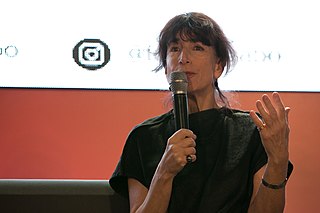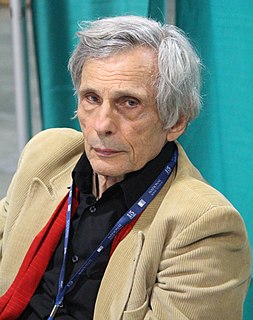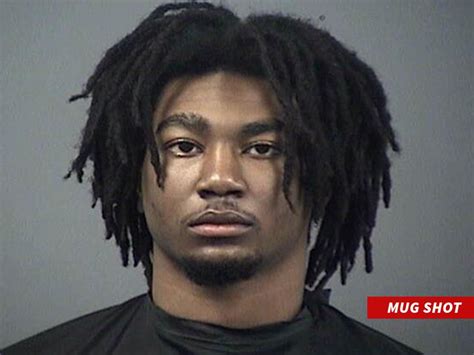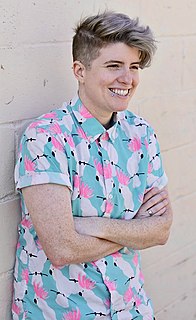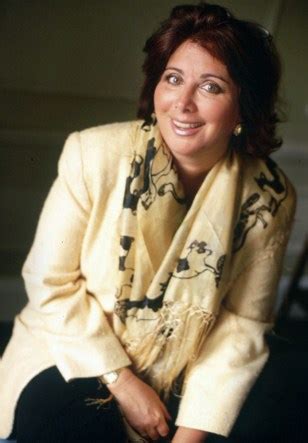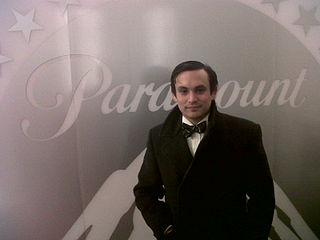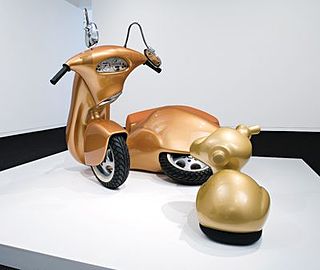A Quote by Judith Thurman
As for the multiple editions, in the case of a truly great writer - Shakespeare, Emily Dickinson, Proust, someone with a canon - there is often a "variorum" edition of the work that presents its variants. I think publishing most other writing that way would be impossible, economically, for publishers, and very ill-advised for authors.
Related Quotes
All the unimaginative assholes in the world who imagine that Shakespeare couldn't have written Shakespeare because it was impossible from what we know about Shakespeare of Stratford that such a man would have had the experience to imagine such things - well, this denies the very thing that separates Shakespeare from almost every other writer in the world: an imagination that is untouchable and nonstop.
Teachers and librarians can be the most effective advocates for diversifying children's and young adult books. When I speak to publishers, they're going to expect me to say that I would love to see more books by Native American authors and African-American authors and Arab-American authors. But when a teacher or librarian says this to publishers, it can have a profound effect.
I think that very often younger writers don't appreciate how much hard work is involved in writing. The part of writing that's magic is the thinnest rind on the world of creation. Most of a writer's life is just work. It happens to be a kind of work that the writer finds fulfilling in the same way that a watchmaker can happily spend countless hours fiddling over the tiny cogs and bits of wire. ... I think the people who end up being writers are people who don't get bored doing that kind of tight focus in small areas.
Publishing is no longer simply a matter of picking worthy manuscripts and putting them on offer. It is now as important to market books properly, to work with the bookstore chains to getterms, co-op advertising, and the like. The difficulty is that publishers who can market are most often not the publishers with worthy lists.
What I treasure most at any moment is intimacy, surprise, a sense of mystery, wit, depth and love. A handful of cherished friends offer me this, and the occasional singer or film-maker or artist. But my most reliable sources of electricity are Henry David Thoreau, Shakespeare, Melville and Emily Dickinson.
Schoolchildren all over America are told to write to authors-often to authors whom they have never before heard of, whose work they are to young to understand in the least, and often in letters which are almost illiterate. If children are to be taught to respect the work of American poets I think some better way might be found to do so- some way which would not make such an inconsiderate demand on the author's time.
Despite wanting to work in publishing, I was a publisher's worst nightmare: I rarely bought new books. So my goal was to publish the kind of books I would buy, and read. My reading habits have changed since starting the press. The only other "goal", per say, is to continue to experiment. I don't want the press to ever fall into a formula, or to be pigeonholed - "They do great reissues of modernist poets!" - I want to keep pushing, exploring the kind of title we can get away with. And working with authors who challenge the way I think about writing, editing and reading.
